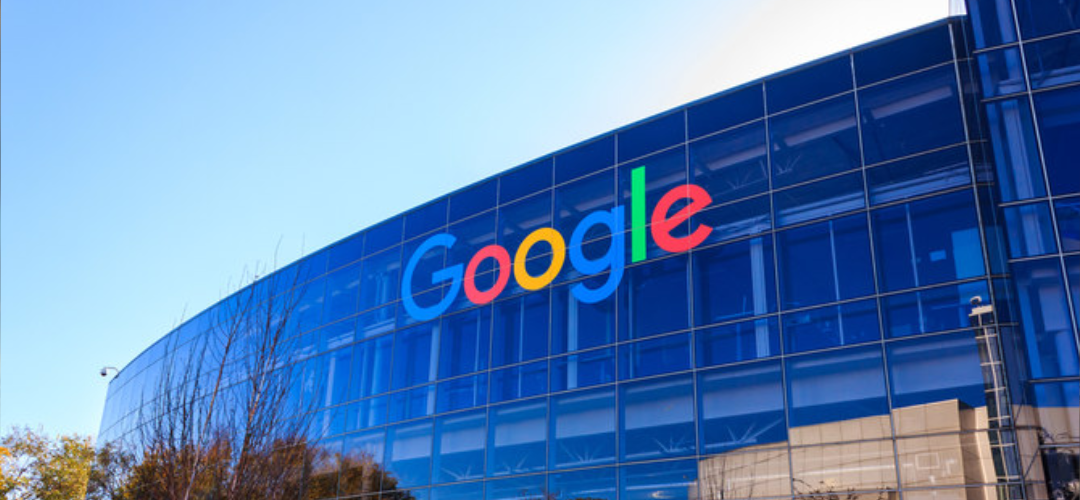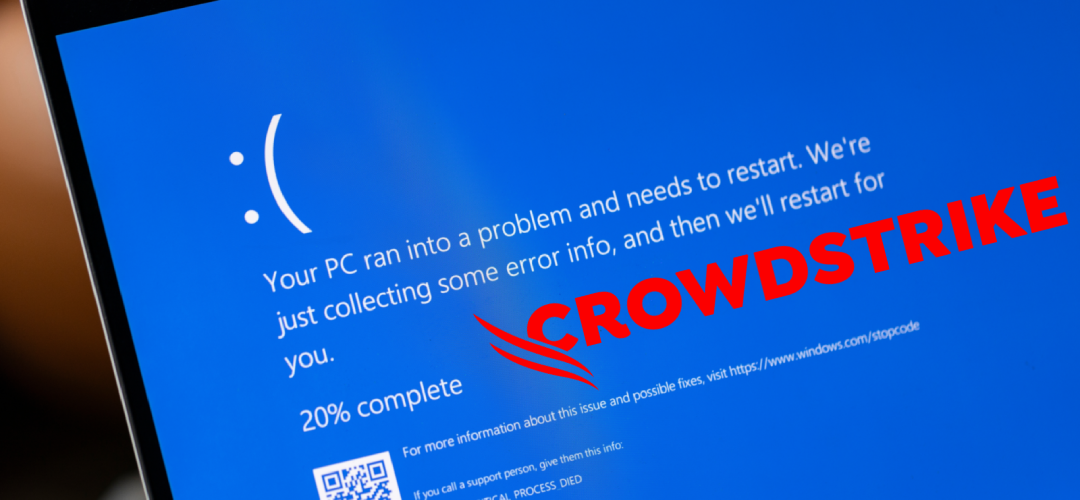Will the U.S. antitrust ruling unleash a wave of search engine innovations?
A U.S. District Judge’s recent antitrust ruling against Google marks a significant moment in the ongoing scrutiny of Big Tech’s market practices. The judge concluded that Google had unlawfully maintained a monopoly in the online search and advertising markets, a decision that echoes the historic antitrust case against Microsoft in the late 1990s.
This is not the first time an effort has been made to restrict Microsoft from using its market domination to stifle fair competition. However, this ruling goes beyond earlier attempts and could reshape the landscape of digital competition.
Background
On August 5, 2024, Judge Mehta ruled that Google has engaged in anticompetitive practices by using exclusive agreements to ensure its search engine remains the default option on devices, particularly those manufactured by Apple and Samsung. The court found that these practices have effectively throttled competition and harmed consumers. Google has leveraged its dominant position to direct billions of daily search queries to its platform. The judge’s ruling was encapsulated in a 286-page decision stating, “Google is a monopolist, and it has acted as one to maintain its monopoly.”
The ruling is the first major antitrust victory for the U.S. Department of Justice (DOJ) against a tech giant in over two decades. The DOJ’s case against Google was initiated during the Trump administration and has continued under the Biden administration, reflecting a bipartisan effort to rein in the power of Big Tech.
The DOJ’s lawsuit against Google, filed in October 2020, accused the company of maintaining illegal monopolies in the search and search advertising markets through exclusionary practices. Central to the case were Google’s contracts with device manufacturers and browser developers, which made Google the default search engine in exchange for substantial payments. The DOJ argued that these agreements stifled competition, preventing rivals from gaining traction and innovation in the search market.
Google defended its practices by asserting that its agreements were legal and beneficial to consumers. The company argued that users preferred its search engine due to its superior quality and that manufacturers and developers chose Google because it offered the best product. However, the court found that Google’s dominance was not merely a result of merit but was significantly bolstered by its exclusionary contracts.

Analysis
The implications of the ruling are profound. Legal experts suggest that the court require Google to eliminate some of its exclusive agreements, which could open the door for consumers to access alternative search engines more easily. While the ruling did not specify remedies, it is anticipated that future proceedings will address how Google can alter its business practices to restore market competition.
One of the most immediate impacts of the ruling may be a forced re-evaluation of Google’s exclusive agreements, particularly with companies like Apple. These agreements, which reportedly generate over $20 billion annually for Google by making its search engine the default on Apple devices, could be subject to termination or modification.
The ruling may also lead to increased competition in the search engine market. If Google is required to allow other companies access to its search technology or data, it could enable the development of alternative search engines. This shift could result in diversifying consumer search options and potentially lowering advertising costs for businesses, which might impact Google’s revenue from search ads.
In response to the ruling, Google may prioritize innovation and user experience to retain its competitive edge. The company has previously emphasized its commitment to creating helpful products, and this focus could intensify as it seeks to differentiate itself in a more competitive environment. By enhancing the quality of its search services and exploring new technologies, such as artificial intelligence, Google could aim to maintain user loyalty despite potential changes in its business model.
Given that Google’s search and advertising operations account for a significant portion of its revenue—57 per cent of Alphabet’s total revenue in the second quarter of 2024—any changes to its core business model could have substantial financial implications. Google might need to diversify its revenue streams by investing in other areas, such as cloud computing, hardware, or subscription services, to mitigate risks associated with potential declines in search ad revenue.
The U.S. case could trigger more legal battles and add to Google’s financial costs. The company has already faced significant fines in Europe for antitrust violations, and ongoing legal battles could impact its overall profitability. Investors will be closely monitoring these developments.
The ruling could also have ripple effects across the tech industry, potentially bolstering other antitrust cases against major players like Amazon, Apple, and Meta. The precedent set by this ruling could embolden regulators to pursue more aggressive actions against companies that engage in similar monopolistic behaviours.
While a breakup of Google is considered unlikely, the ruling could prompt structural changes within the company. Legal experts suggest that the court may impose restrictions on how Google operates its various services, potentially leading to a separation of data across its platforms. This could enhance user privacy and allow for a more competitive environment, but it would also require Google to rethink how it integrates its products and services.
As regulatory scrutiny intensifies, Google will likely need to adopt a more proactive approach to compliance. This may involve restructuring its business practices to align with legal requirements and demonstrating a commitment to fair competition. By fostering positive relationships with regulators and adapting to the evolving legal landscape, Google can position itself as a responsible market player while mitigating risks associated with future antitrust actions.
Despite the gravity of the ruling, Google’s stock experienced only a modest decline of around 5 per cent following the decision, suggesting that investors may have anticipated this outcome. Analysts believe that the long-term impact on Google’s market position may be limited, as many consumers prefer Google due to its perceived superior search capabilities.
Assessment
- The ruling against Google underscores the importance of fair competition in the tech industry. Big Tech companies must ensure their business practices do not stifle competition or harm consumers. This may involve reassessing exclusive agreements and other practices that could be perceived as anticompetitive.
- The financial impact of antitrust rulings can be significant, as seen in Google’s case. Big Tech companies should diversify their revenue streams to mitigate risks and reduce their reliance on a single business model. This could involve investing in new technologies, expanding into different markets, or developing new products and services.
- Big Tech companies should prioritize innovation and enhancing the consumer experience to maintain a competitive edge. Companies can differentiate themselves in the market by continually improving their products and services and retain consumer loyalty, even in a more competitive environment.




